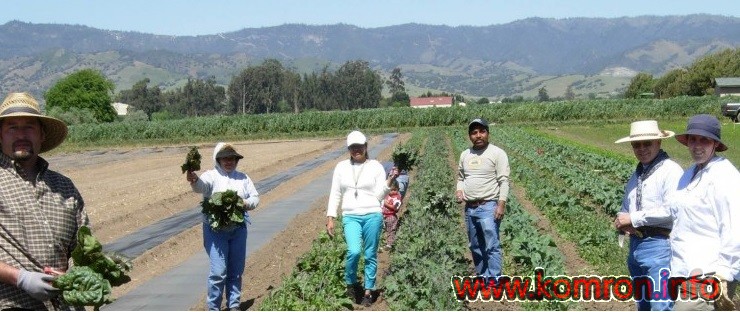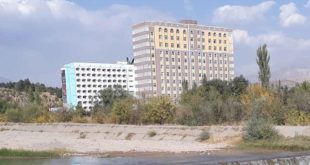As a result of policy reforms in the agriculture sector, 662 collective farms were reorganized into 26,518 private farms throughout Tajikistan. The process has not been a straightforward one, however, and market liberalization reforms have resulted in widespread losses. Some of the factors include overcoming Post-Soviet era effects, poor farm management, collapse of rural financing services, a lack of agricultural marketing, and a lack of agricultural machinery. Reorganized private farms have land-lease certificates, which cannot be used to raise capital or as collateral to obtain loans.

The majority of farms are too small to buy and use imported machinery profitably. Agricultural production is currently well below Soviet levels, measured both by gross production and by crop yields. There are many complaints that distribution of farmland is being conducted inefficiently and inequitably. Most farmers work on small parcels of land. According to industry specialists, the average size of a farming unit is 19.2 hectares (including both irrigable and non-irrigable land). All land is owned by the state, and farmers are granted long-term land-use rights.
Machinery
The sector faces a significant shortage of agricultural machinery. The estimated annual market size for agricultural tractors is 40,000 units, with about 8,000 tractors reaching the end of their life cycle each year. The average age of agricultural equipment has risen dramatically since the collapse of the Soviet Union. According to industry experts, the average age of machinery is more than 30 years old, and more than 80% of all available machinery is substantially beyond its useful life. More equipment was written off in 2005-2010 as scrap. These problems result in production delays and the high cost of mechanized services. So far, minimal agricultural machinery is imported; for every imported unit, six existing units become obsolete and idle. This situation has resulted in increased use of manual labor.
Capital
Despite several international micro-lending projects to help small farmers, Tajik farmers still lack investment capital. The cotton sector suffers from old equipment, ill-defined land-use rights, and dubious financing schemes that benefit unscrupulous investors while failing to develop infrastructure. With most farms facing crushing debt, Tajik banks provide loans only to sustain the production cycle, not for capital investment.
Outside investors struggle with corruption at every level of bureaucracy. A U.S. cotton processing company attempted to enter the Tajik market in 2000 but gave up in the face of local government demands for bribes. Some U.S. companies purchase cotton through local companies.
By the Numbers
Approximately 85% of arable land is irrigated or irrigable (720,000 ha), but only 515,000 ha of this is currently in use. Low-cost, river-fed gravity systems supply approximately two-thirds of irrigation, with pump systems providing the rest. Cotton, wheat, fruit and vegetables are the main irrigated crops.
In contrast to the high pressure on arable land, the 3.3 million ha of permanent pasture are lightly used due to a fall in livestock numbers after independence.
At present there are more than 35,000 large-, medium-, and small-scale entities in the agricultural sector of Tajikistan. Most of them are small “dekhan” farms (privatized former collective farms) with limited capacity.
Total agricultural production volume was USD $3.1 billion in 2011.
In 2011, Tajikistan produced 1,098,156 tons of grains, 415,728 tons of cotton, 863,063 tons of potatoes, 1,241,893 tons of vegetables, and 416,000 tons of fruit.
The best prospects for agricultural machinery sales in Tajikistan are:
- small and medium sized tractors
- trucks
- grain harvesters
- mowing machines
- tractor rakes
- fodder harvesters
- corn harvesters
- cotton harvesters
- plows
- cultivators
- cotton scraping machines
- equipment for crop transport and handling
- dairy farming
- beef farming
- chemical spraying
- chemical fertilizing
- sowing and planting
- farmland maintenance
- vineyard machinery
- orchard and fruit farming machines
 Комрон.инфо
Комрон.инфо



